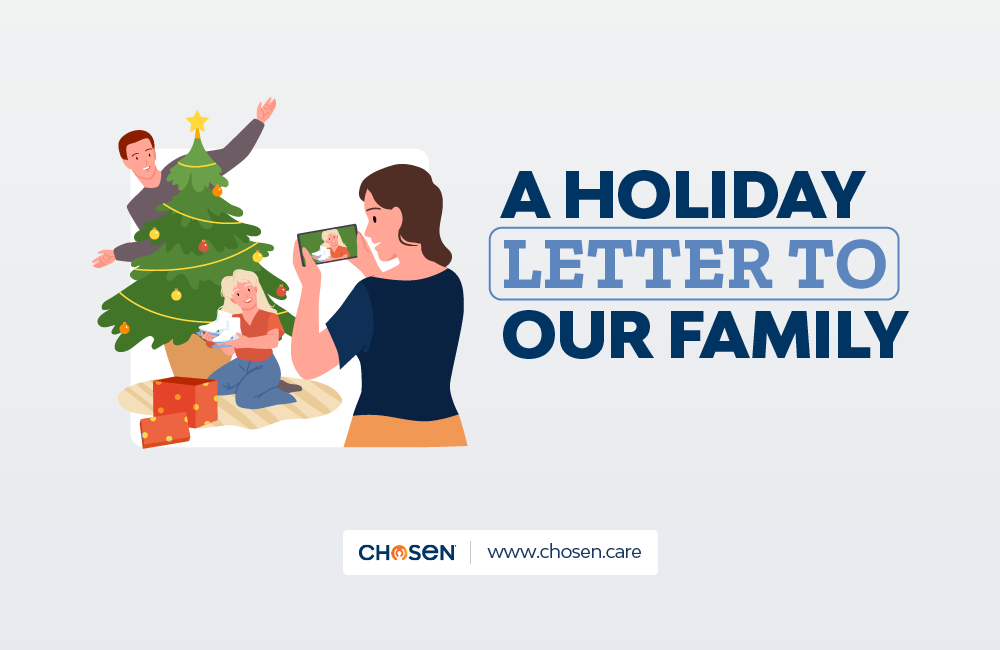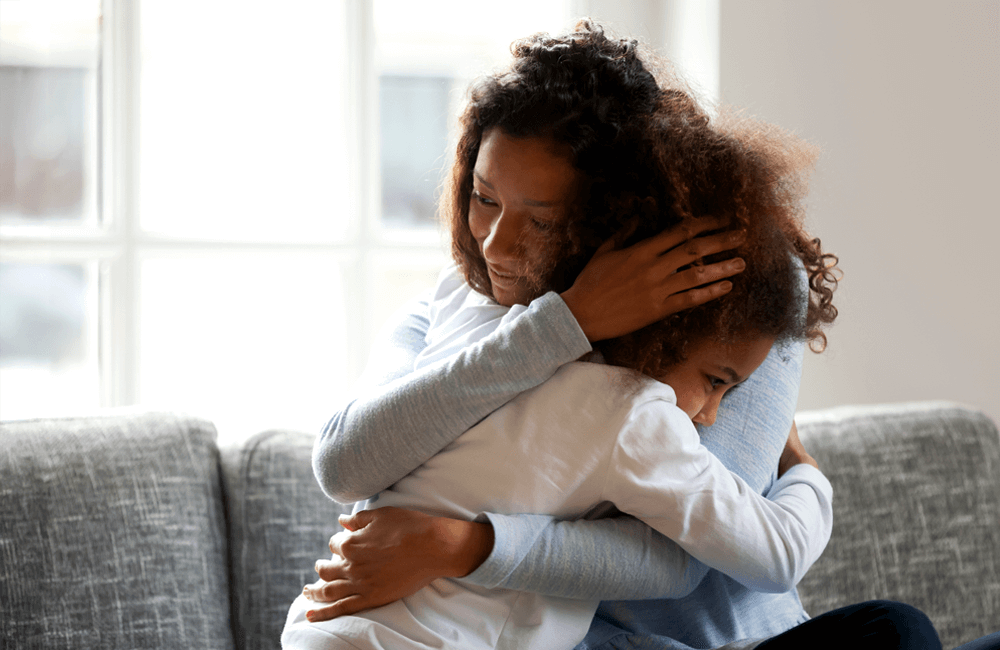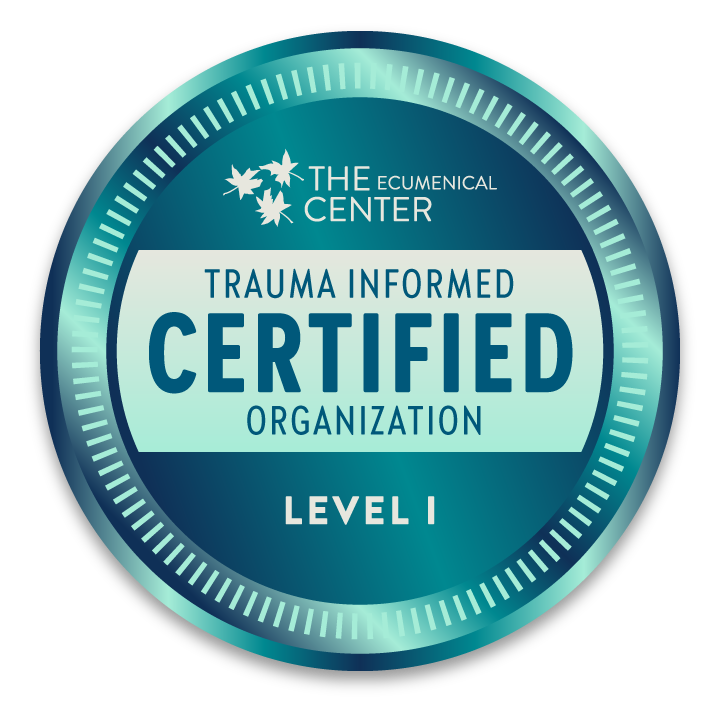Trauma-Responsive Holidays: Preparing Extended Family for Connection and Care
The holidays bring joy and cherished traditions, but for children with trauma histories—especially those in new foster placements—they can also bring unique challenges. Bright lights, unfamiliar faces, changes in routine, and sensory overload can quickly turn festive celebrations into overwhelming experiences.
That’s why we’ve created a helpful free resource: A Holiday Letter to Our Family. This downloadable guide is designed to help caregivers communicate with relatives about the unique needs of their child and equip everyone to make the holidays a more positive experience for all.
Why This Matters
For many, the holidays are a season of joy, but for children with trauma histories, they can be a time when hidden grief and triggers resurface They may feel nervous meeting new people, struggle with unfamiliar foods, or become overstimulated by the noise and activity of holiday events. Extended family members, while well-meaning, might not always understand how trauma can show up in behaviors like selective eating, withdrawal, or emotional “meltdowns”.
Preparing our family members in advance with what they can expect and offering a compassionate way to explain what these behaviors might mean can go a long way towards equipping them to help create a supportive environment.
What's Inside
- Simple explanations of how trauma impacts holiday behaviors.
- Practical strategies for extended family, like offering breaks or sticking to routines.
- Encouraging language to foster understanding and empathy.
Making the Holidays Brighter
With some intentional preparation, the holidays can be a time of connection and healing for everyone. When families and relatives work together to meet the needs of children impacted by foster care and adoption, it provides ways for more people to support your child on their healing journey. For more information about how to support your children during the holidays read this guest blog by Dr. John DeGarmo: “Navigating Foster Care During The Holidays“
Download our free resource “A Holiday Letter to Our Family” today and take the first step toward a more trauma-responsive holiday season.
Here’s What You’ll Need:
1. Pencil and printed handout
2. Open hearts and listening ears
3. A snack to fuel ideas













